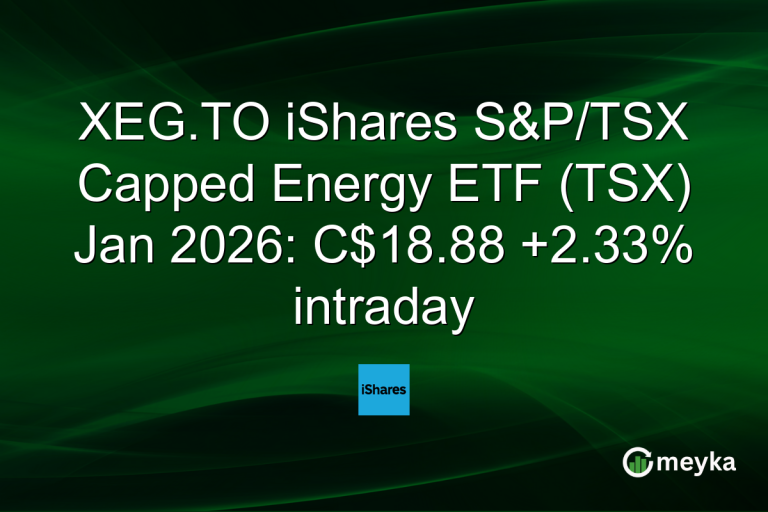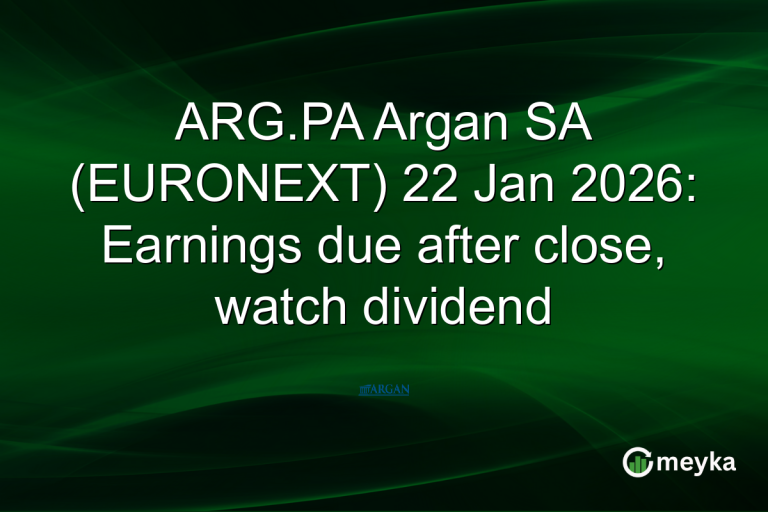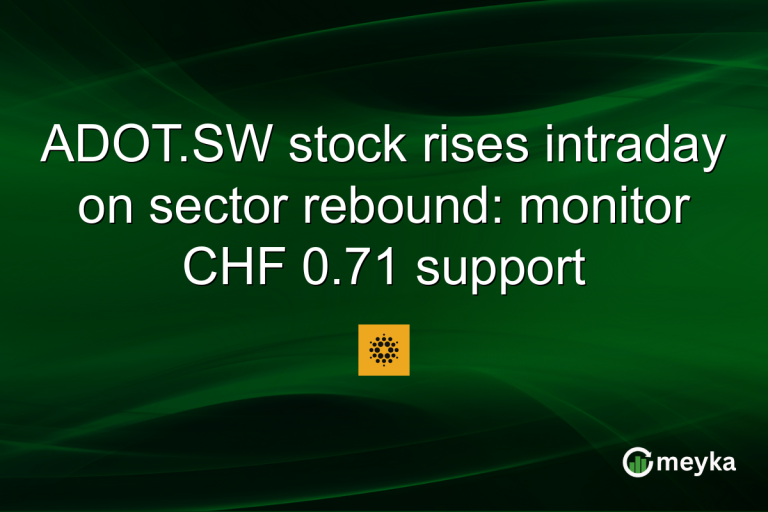Porsche Stock Faces Challenges Amid DAX Exit and CEO Concerns
Porsche’s journey in the financial markets has hit a significant hurdle. The recent removal of P911.DE from the DAX index has caused considerable concern. Coupled with investor anxiety over CEO Oliver Blume’s dual leadership at both Porsche and Volkswagen, these factors are affecting Porsche’s performance in the stock market. As of late, we’ve observed fluctuations that are drawing the attention of investors.
The Impact of DAX Exit on Porsche Stock
Being a part of the DAX index is seen as a prestigious mark for any company. Porsche’s recent removal, however, has led to a decline in investor confidence. The stock currently trades around €44.06, having faced a change of 0.0% on the day. Yet, this static change masks a more significant 54.91% drop over the past year, highlighting the broader challenges the company is facing. Analysts are noting that diverse factors have contributed to this decline. Porsche’s market cap stands at €40.14 billion, a clear reflection of investors’ cautious approach. This caution is understandable given the stock’s high volatility, marked by its recent day-high of €44.67 and a low of €43.92. Notably, the average annual high was €75.00, showing the steep decline from previous peaks. Investors may be unnerved by these changes. The average volume of 603,168 contrasts significantly with the current 396,885, suggesting reduced trading interest post-removal. These numbers point to a pressing need for Porsche to regain stability and investor trust, as reported by Reuters.
CEO Dual Role: Weighing on Investor Sentiment
Porsche CEO Oliver Blume’s dual leadership at Porsche and Volkswagen has sparked heated debates among investors. This dual role raises questions about potential conflicts of interest and effectiveness in managing both giants. Investor concerns came to the fore when calls were made for Blume to relinquish one of his leadership roles to ensure more focused governance. According to Reuters, the call to action from investors reflects a growing dissatisfaction. Investors argue that Blume’s current responsibilities might divert his attention from critical strategic decisions needed to navigate Porsche’s current challenges. Despite their concerns, Blume remains at the helm, suggesting confidence in managing both roles effectively. The situation has investors questioning strategic clarity and Porsche’s growth focus. While earnings are set to be announced on October 23, investors are keenly observing how strategic management actions, influenced by the dual roles, will impact these financial results.
Stock Performance and Market Reactions
Porsche’s stock performance remains a topic of intense discussion. Recent metrics show a mixed picture. The Price-to-Earnings (P/E) ratio at 18.59 indicates cautious optimism in the stock’s future, though tempered by a high Price-to-Book (P/B) ratio of 1.72. One of the compelling factors is Porsche’s debt-to-equity ratio, which stands at 0.47. This suggests a moderate level of debt compared to its equity, which could appeal to those seeking a balanced financial structure. However, the drop in share price over three months by 27.29% to a low of €39.58 may cause hesitation among potential buyers. Adding to this, the recent analyst rating pegged at ‘Neutral’ suggests markets might be awaiting further clarity. Given the current climate, market watchers look to re-align Porsche’s market strategy – a view supported by its dividend yield at 5.24%, offering potential income despite stock volatilities.
Strategic Paths Forward for Porsche
Despite the current challenges, Porsche aims to counteract these pressures with robust strategies. Their focus on innovation and expanding into electric vehicle offerings may provide future growth avenues. The fleet’s electrification, aligned with sustainability targets, indicates a potential for long-term benefits. According to recent reports, Porsche is keen on rejoining the DAX index. This ambition underscores the company’s resolve to improve its financial performance and regain a spot among the top German stocks. Investors will be looking for consistency in earnings and strategic clarity in addressing CEO role concerns as indicators of this ambition’s feasibility. Efforts to streamline operations and boost shareholder value require diligent attention, especially in navigating global economic conditions. Future moves must focus on strategic leadership decisions and market positioning amid the current transitions, aiming to reassure cautious investors.
Final Thoughts
Porsche is navigating a pivotal phase with its exit from the DAX and concerns regarding the CEO’s dual role. Investors are monitoring Porsche’s strategies closely, given the recent stock performance and fluctuating market conditions. Utilizing platforms like Meyka can provide investors with real-time insights into Porsche’s developments, aiding in data-informed investment decisions. As Porsche looks towards potential readmission to the DAX, its strategic efforts and market resilience become paramount for future success.
FAQs
Porsche was removed from the DAX index following a significant drop in its share price, which affected its market capitalization and eligibility for the index.
Investors are worried about CEO Oliver Blume managing both Porsche and Volkswagen, as this dual role could impact his focus and effectiveness in leading both companies.
Porsche’s stock price faces a challenging period, down 54.91% year-over-year, with trading volume lower than average, reflecting waning investor interest.
Disclaimer:
This is for information only, not financial advice. Always do your research.






